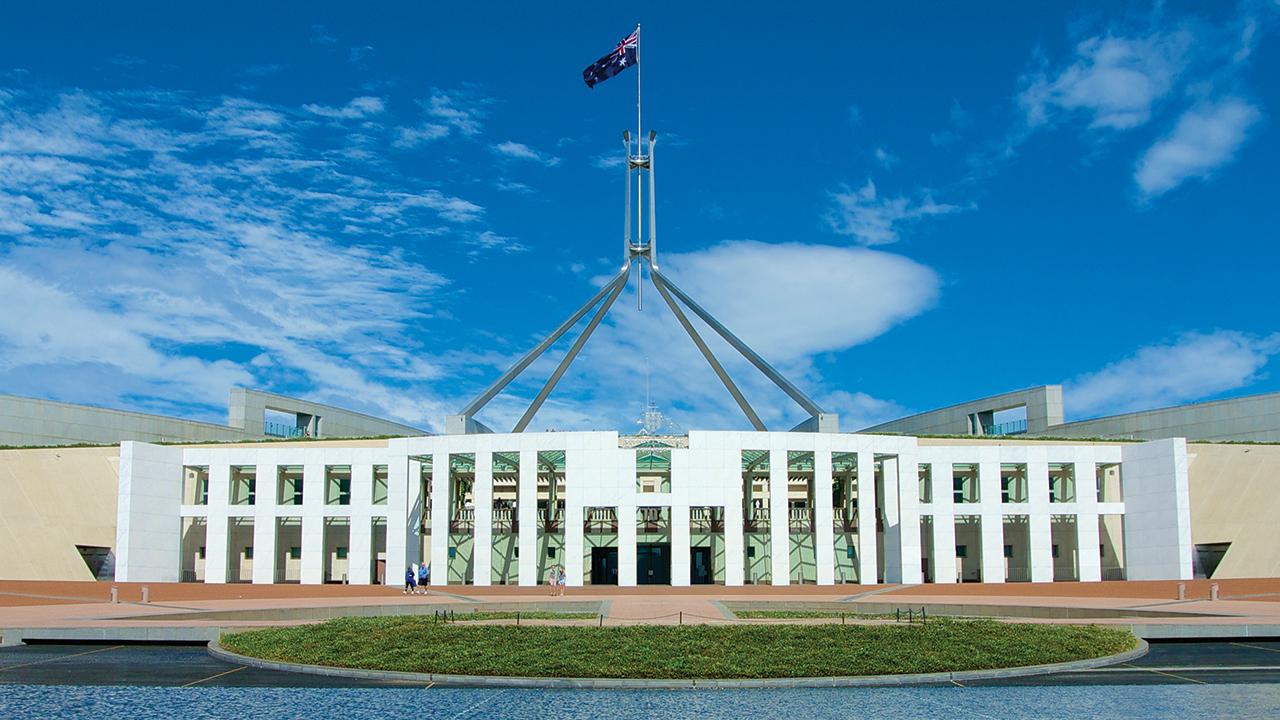
In the 2019 April 2 Budget the Prime Minister stated that Australians would get a tax cut this financial year. For many people this was to be a tax offset of $1080. But in order for the tax department to spend this money, the Parliament has to pass legislation. The Executive Government cannot spend funds without approval from the Parliament. This is a part of a very important principle called the Separation of Powers. The legislation for the tax cuts did not reach the Parliament before the election was called.
Many people are now asking about how quickly the new Parliament can sit so that legislation could be passed so that we can receive our tax offsets for this financial year.
Writs must be returned
There is quite a rigid process for elections. It starts with the Prime Minister asking the Governor-General to call an election. The Governor-General then issues writs. The Australian Electoral Commission (AEC) defines an Australian election writ as:
A document commanding an electoral officer to hold an election, and contains dates for the close of rolls, the close of nominations, the polling day and the return of the writ. The Governor-General issues the writs for House of Representatives elections and the State Governors issue writs for States' Senate elections.
Australian election writs are the Queen’s representatives in Australia issuing an order to hold an election. There are two sections of the Constitution that apply to the issuing of writs. One for the Senate and one for the House of Representatives.
Section 12 Issue of writs
The Governor of any State may cause writs to be issued for elections of Senators for the State. In case of the dissolution of the Senate the writs shall be issued within ten days from the proclamation of such dissolution.
Section 32 Writs for general election
The Governor‑General in Council may cause writs to be issued for general elections of members of the House of Representatives.
After the first general election, the writs shall be issued within ten days from the expiry of a House of Representatives or from the proclamation of a dissolution thereof.
These are the important dates that were contained within the 2019 election writs:
- Issue of the writs, Thursday 11 April 2019
- Close of the rolls, Thursday 18 April 2019
- Close of nominations, Tuesday 23 April 2019
- Declaration of nominations, Wednesday 24 April 2019
- Polling day, Saturday 18 May 2019
- Return of the wri, Friday 28 June 2019
If the writs are returned on Friday 28 June, that leaves just two days in the current financial year, a Saturday and a Sunday. Parliament does not normally sit on weekends.
Can we speed up the process and get the writs back early?
The “we” is the Australian Electoral Commission who are already under quite a bit of pressure due to the tight timeline for vote counting. Much of this tightness is due to the new Senate voting method that was implemented in 2016. All of those huge ballots now need to be individually counted and the data entered. It take much longer to count the Senate ballots than it used to previously.
But could the writs for the House of Representatives be returned first and the Senate later?
There are some electorates that might slow this down. At this stage there are a few seats that are very close (under 1000 votes between the TPP) and these may have to be recounted. Another date in the AEC calendar is 31 May, which is the cut-off date for postal votes to be received (they all have to be postmarked 17 May at the latest).
If the writs for the House of Representatives can be returned early, there is another hiccup. Could the old Senate be recalled? The Parliament was prorogued as of 8.29am on 11 April 2019 which meant all Senate business was cancelled. But the Senate is based on fixed terms for State Senators, half of which expire on 30 June 2019. The four Territory Senators terms expired the day before the election.
So could the old State Senators be recalled for a few days at the end of June? What would happen to the Territory Senators? The old Territory Senators cannot be returned, but could the Territory Senate ballots be counted quickly and the writs returned early with the House of Representatives? This would this mean that the new Territory Senators would be sitting with the old State Senators, which is not unusual. But how would the State crossbench Senators, whose terms are about to expire, vote?
The later twist
Later in the week the Coalition announced that the immediate tax cuts will be packaged in a Bill with the whole government tax plan that goes out to 2024. This means that in order to get this financial years tax cuts, the Senate would have to agree to pass everything. As we know from the Opposition budget reply speech, Labor pledged not to pass the tax cuts for those on higher incomes. This year’s tax cuts may be held up, unless the Government splits them from their whole tax package or the Opposition changes their plan to block the larger part of the tax cuts. It was reported on Thursday morning that Labor may be willing to drop their plans to block the larger tax plan. We’ll have to wait and see.

